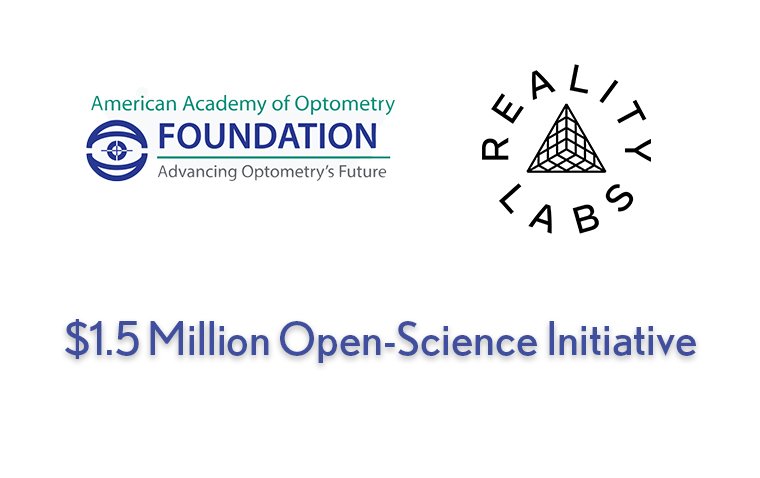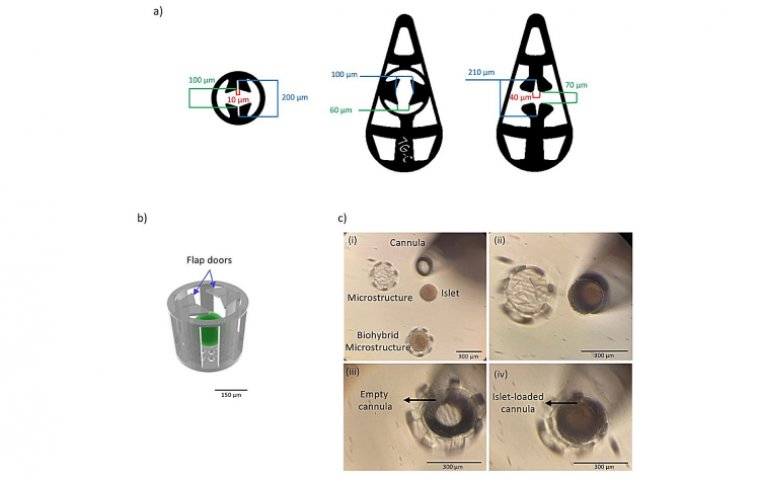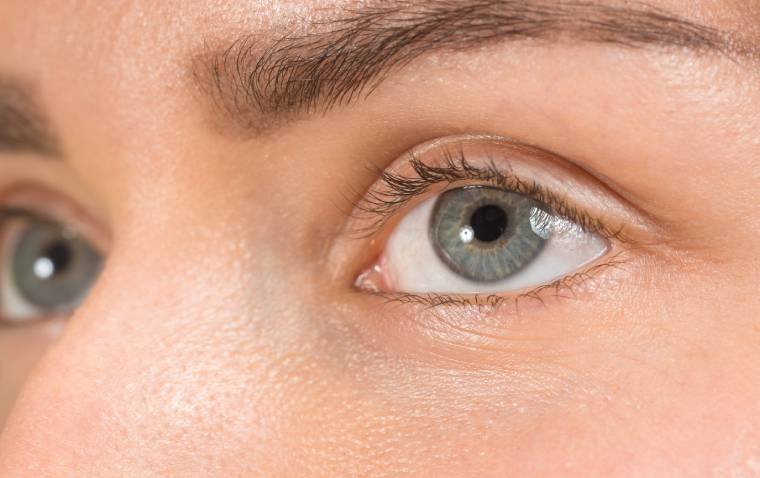
Genetic Study Reveals New Insights into Glaucoma in Individuals of African Ancestry
A team of investigators unveiled previously unknown inherited genetic variants associated with primary open-angle glaucoma (POAG), the most prevalent form of the disease. The study, based on the analysis of 11,275 individuals of African descent, sheds light on the genetic factors contributing to glaucoma and emphasizes the importance of diversity in genetic research.
The study was published in the Journal Cell on January 18, 2024.
"Individuals with African ancestry are five times more likely to be affected by glaucoma and up to 15 times more likely to experience vision loss or blindness from the disease compared to individuals with European ancestry," emphasized corresponding author Joan O'Brien, MD, Director of the Penn Medicine Center for Genetics of Complex Disease. She stressed the urgent need for enhanced understanding of the pathophysiology of this inherited neurodegenerative disease to improve current treatment methods.
The study's success was attributed to the collaboration of glaucoma specialists of African ancestry, Black community leaders in the Philadelphia area, and scientists from various fields, including genetics, ophthalmology, and computational biology.
To facilitate the research, the investigators organized glaucoma screenings in churches and senior centers, collaborating with a Black-owned radio station, WURD Radio, to promote the importance of glaucoma screening in the Black community. The screenings, which were free, aimed to increase trust within the community and encourage participation in the study.
Rebecca Salowe, MSE, Research Project Manager at UPenn, noted that elevated intraocular pressure is currently the only targetable component of glaucoma. However, many patients do not respond to pressure-lowering therapies, indicating the presence of additional underlying mechanisms that could be elucidated by genetic studies.
The investigators collected data and genetic samples from 11,275 individuals, comprising 6,003 with glaucoma and 5,272 controls. Using genome-wide association studies and genetic analysis, they identified two novel gene variants (rs1666698 and rs34957764) associated with glaucoma, linked to the genes DBF4P2 and ROCK1P1, respectively. Another variant, rs11824032, associated with ARHGEF12, was identified and had been previously linked to glaucoma severity.
Importantly, these variants were found to be more common in people of African ancestry when compared to individuals of European descent, highlighting the significance of diversity in genetic research.
Shefali Verma, Ph.D., an assistant professor in pathology and laboratory medicine at UPenn, emphasized the importance of focusing on specific ancestry groups to uncover unique and critical insights that might otherwise be overlooked.
The researchers validated their findings in the Penn Medicine BioBank, a repository of genetic information linked to health records. This diverse collection of genetic material proved instrumental in producing robust results.
Marylyn Ritchie Ph.D., director of the Institute for Biomedical Informatics at UPenn, explained the role of the Penn Medicine BioBank in enhancing their work, stating, "Without that resource, it would have been much more difficult to produce such strong work."
The team is now concentrating on developing improved methods for early glaucoma diagnosis, utilizing the identified variants to create a polygenic risk score. This enhanced risk score, tailored to individuals of African ancestry, aims to assist patients in making informed decisions about screening and treatment before vision loss occurs.
O'Brien highlighted ongoing efforts to collaborate with community leaders to identify other diseases disproportionately affecting this understudied population. The team is also sharing their genetic database with researchers studying diseases prevalent in African ancestry populations, fostering collaborations that contribute to broader research on health disparities.
Reference
A multi-cohort genome-wide association study in African ancestry individuals reveals risk loci for primary open-angle glaucoma, Cell (2024). DOI: 10.1016/j.cell.2023.12.006
(1).jpg)









